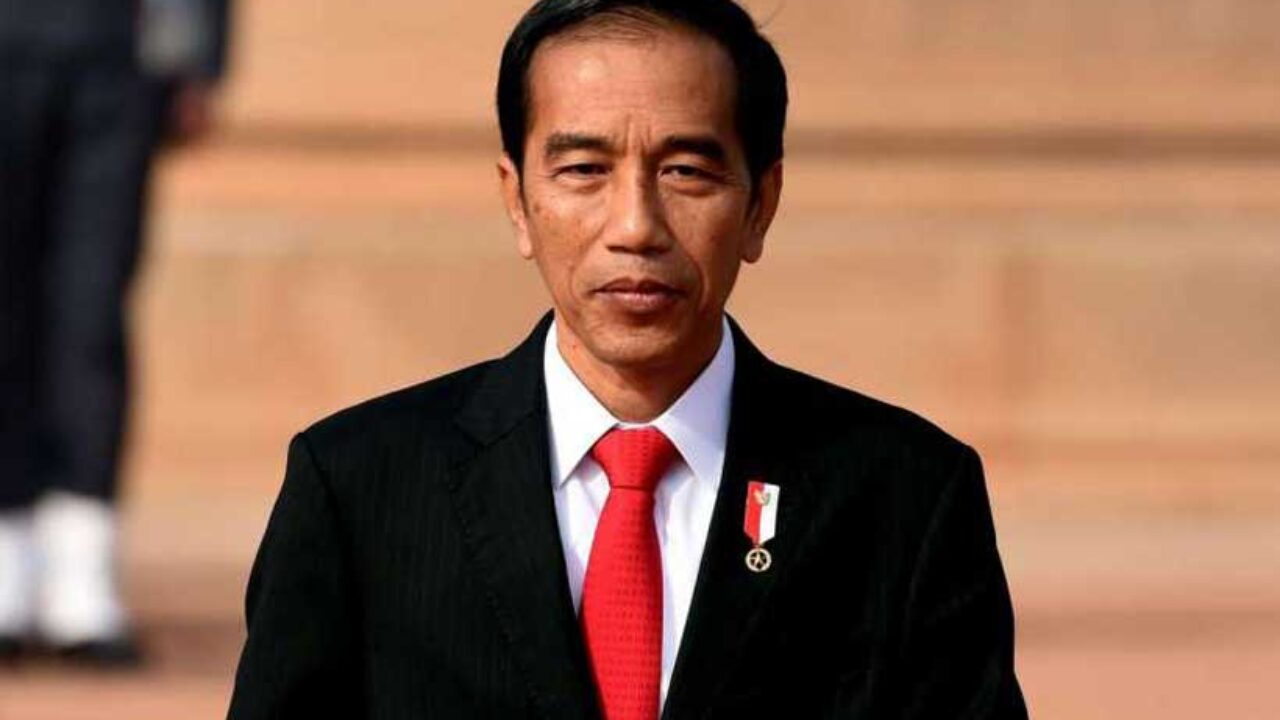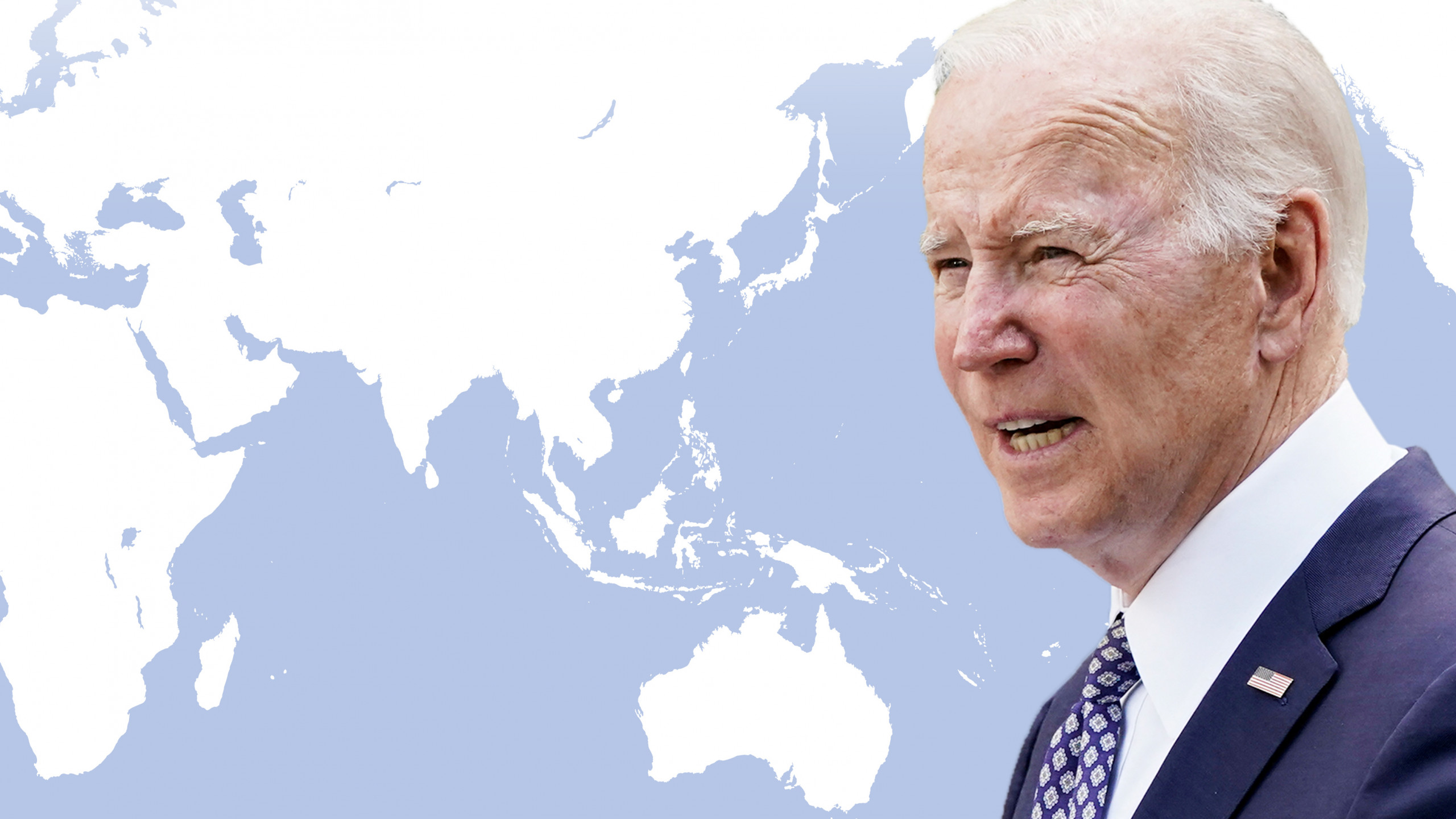Infrastructure, manufacturing industries and human capital are the three guidelines that engage the Indonesian President in the second part of his last term.
At the height of his second and last term, Indonesian President Joko Widodo has a dense list of projects to be completed by 2024, when he will have to leave the leadership of the government. Known by Indonesians as "Jokowi", the President presents himself as a man of the people: he does not spare himself the visits to distant villages and even to the slums. "I have to meet people to know what they want," he told Nikkei Asia. This may be why its approval rating is almost always above 70%, as revealed by Indikator Politik Indonesia.
However, Widodo's undisputed ability to please Indonesians is increasingly being tested in the attempt to chase economic growth. While on the one hand he must secure the favor of his people, on the other he needs to attract investors and businesses. Indonesia is in urgent need of investment: its economy must expand every year in order to absorb an annual influx of more than two million new workers, while stagnant growth feeds the risk of social instability.
During Widodo's mandates, GDP only grew by about 5%, when the President had promised at least 7%. To stimulate growth, Jokowi has decided to focus on three key policies, which will be the pillars of his government until the end of the second term: infrastructure, manufacturing industries and human capital. Working on these three aspects, Widodo is sure that "Indonesia's GDP in 2030 will be triple what it is now".
The construction of infrastructure such as roads, ports, airports and bridges was the hallmark of Widodo's presidency. In his first six years in office, 6,240 km of roads, 15 new airports and 124 new seaports were built. All projects that pale in front of Nusantara, the new capital that will replace Jakarta. A 30 billion dollar project to be built on the island of Borneo. According to the president, it is a necessary move to stimulate economic growth outside the populous island of Java, which today represents 60% of the country's GDP.
Another priority of the president is industrial reallocation. In particular, moving from processing to production, rather than focusing only on the extraction of raw materials. This policy was accompanied by a law prohibiting the export of unprocessed minerals, to incentivize foreign companies to move the processing of materials and the production of goods to Indonesia. Furthermore, starting from 2020, the export of nickel - essential for electronic devices - has been banned. Widodo, during his mandates, has insisted a lot on the importance of the export ban to generate new and better jobs, thus also focusing on the formation of human capital.
But the latter seems to be the weak point of Jokowi's presidency, which according to his critics would have been very unambitious in the development of human capital. Of course, some measures have been put in place, such as the undergraduate program for earning credits by doing internships at companies. Or the aid program to help low-income families pay their school fees.
According to Indonesian political scientists, the main problem for Widodo is a classic of Indonesian politics: the lack of political continuity between different presidents, whose belonging to different parties and different ideologies might jeopardize the continuity of government policies. A risk that Jokowi will have to take, since some of his projects could be canceled when his successor takes control of the country in 2024.






